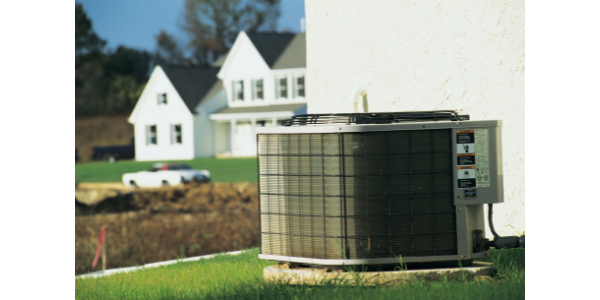Let’s say your air conditioner starts to drip after you’ve turned it off for the day. You observe water dripping beneath the device, and a tiny puddle has formed beneath it. You might be asking if this is typical because condensation does occur when using the air conditioner in the summer. But that’s not the same as your air conditioner dripping continually. So, what exactly do you do? Is it possible to ignore it? Do you want to fix it yourself? When should you seek professional help and have it examined? We’ll look at how to tell if the dripping is a task for a professional or something you can manage yourself in this blog.
What Causes Air Conditioner Leaks?

Condensation is one of the most common causes of a leaking air conditioner and is usually not a huge concern, depending on where it occurs. With that said, condensation can occur in a few different areas. Other issues that can cause a leaky AC include a clogged drainpipe, frozen evaporator coils, or a cracked/overflowing drain pan. If you’re having these problems, follow these steps:
Condensation in the Central Air Conditioning Unit

Condensation indicates that the air filters in your air conditioner need to be cleaned or changed. Air flow is restricted by dirty air filters. Condensation can better evaporate instead of collecting and possibly freezing when there is good air circulation (which would then cause dripping when your AC is off). If this is the source of your leakage, all you have to do is clean or replace your air filters.
Drain Pan Cracked or Overflowing
It is unavoidable for your air conditioner to shed water due to its operation. That’s why they’re designed to keep water from leaking outside your unit, usually with two sets of drain pans. The drain pans gather condensation so that it can run into the condensate drain pipe and be released outside rather than within your home. One drain pan is detachable, while the other is welded in place. A water sealant can be used to quickly repair a fracture in the detachable pan. A crack in the nonremovable pan need replacement by a specialist. If the problem is overflowing, clear it out with a wet-dry vacuum.
Blocked Drain Pipe
Over time, algae, fungus, and debris can plug your drain pipe. You have a few options for dealing with this problem. To begin, find the PVC pipe near the air conditioner’s drain pan. Pour 6 ounces of vinegar down the drain line to help remove the fungi and algae that have accumulated in the drain. If this doesn’t completely address the problem, you may need to use a wet-dry vacuum or seek professional help, as the air conditioner may need to be repaired.
Incorrect installation or usage
If your air conditioner is brand new and already leaking, it’s likely that it was put incorrectly or that the unit isn’t the ideal size or fit for your home. It can also be caused by improper air conditioning usage. When the air conditioner is turned on, make sure all windows and doors are shut so that the indoor air remains cool. For the same reason, you should isolate rooms where the air conditioner is used. If the air conditioner continues to leak after that, you may need to hire a professional to diagnose the problem.

Contact the Experts

The easiest method to avoid a leaking air conditioner is to schedule routine maintenance and repairs to keep it in top shape.





GIPHY App Key not set. Please check settings